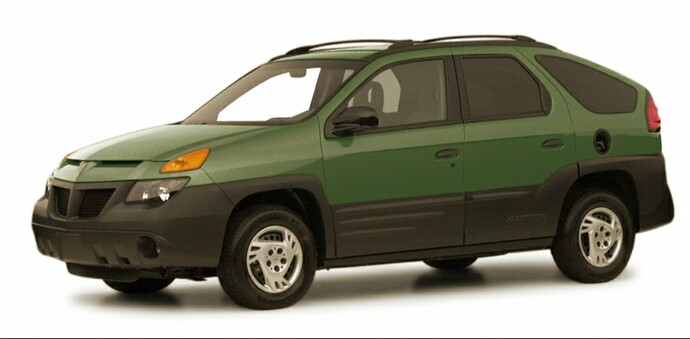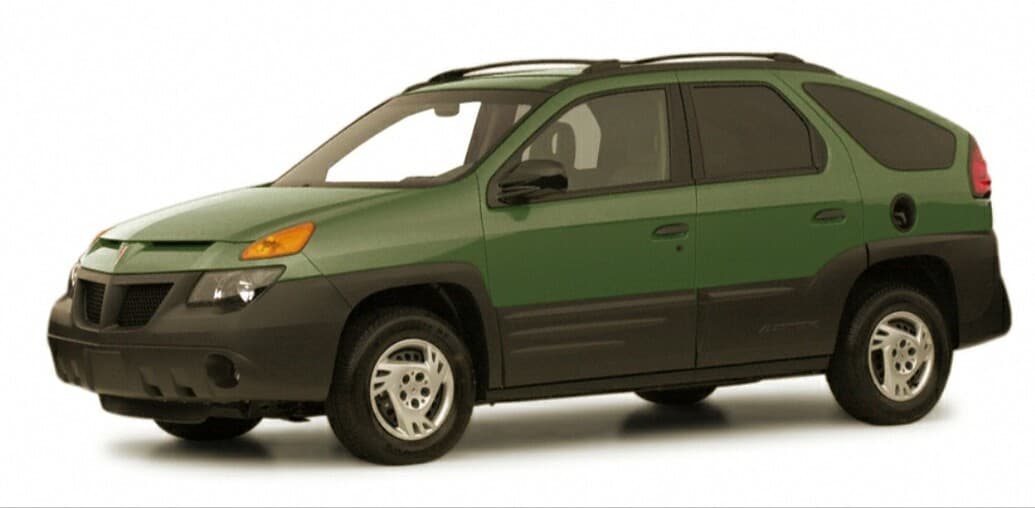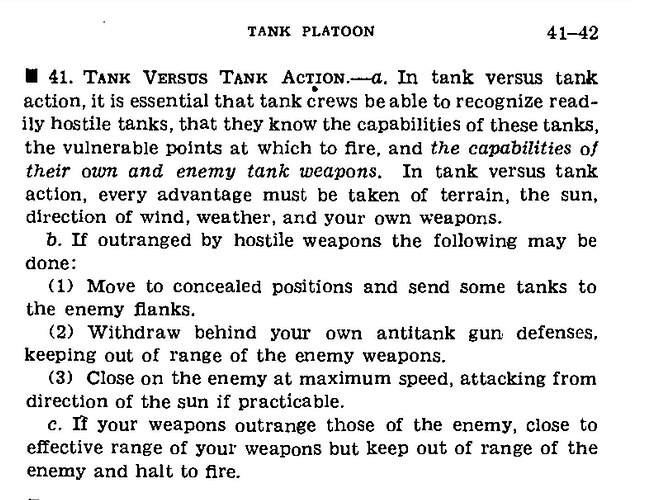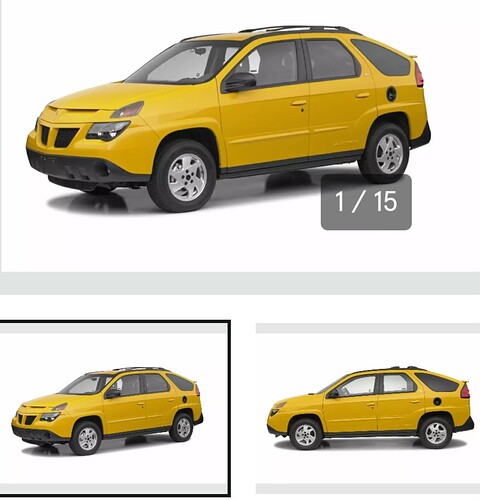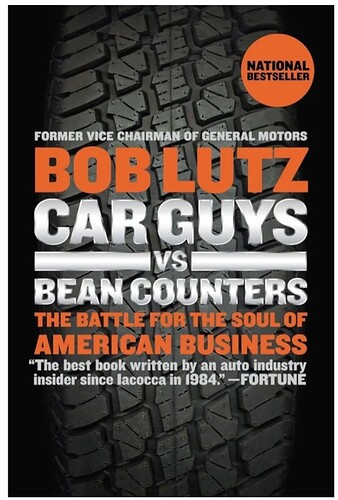Plus Centurion was coming into being at wars end and that was a formidable tank taken as an overall package.
There was a Russian study that focused on the combat effectiveness of various tanks on the eastern front. I think it’s in one of Osprey’s books.
From memory the Pz III J with the long 50mm gun was rated with base line effectiveness of 1.
T-34/76 rated 1.2
T-34-85 rated 1.4
Pz IV H rated 1.26
JS-2 rated 1.6
Panther G rated 2.4
Due low ammo capacity, slow rate of fire, inaccuracy, bad ergonomics and other factors already mentioned the JS-2 didn’t rate very well in effectiveness given its paper specs.
The M4 Sherman w/short 75mm generated the bad press associated with the Sherman. The later versions M4A3E8 with the 76mm were far more formidable tank vs tank. Later versions of Sherman should rate as well or better than Pz IV H or T-34-85.
Estimated combat effectiveness of a M4A3E8 ~1.26 to 1.45
So the Sherman would prove very combat effective on the battlefield in combined arms given American superiority in other areas like logistics & artillery.
M4 75mm probably ~1.1
BTW - accurate or not, it’s been said that “War Daddy” aka Lafayette G. Pool was assigned a short gun M4 Sherman after his 76mm gunned Sherman was damaged. Pool was very unhappy about this turn of events.
Later when the 76 mm Sherman was repaired, Pool wanted that tank back but superiors refused. According to legend Pool’s short gun M4 Sherman somehow found itself on a joy ride deep into a lake.
Pool was nearly court martialed over the event but the 76 mm Sherman was assigned as replacement tank.
If that Pool (leading American tank ace) story is true, the M4 Sherman 75mm tank…REALLY SUCKED.
Of course, the 76mm version Sherman rocked!
Umm, It wasn’t that the M4 Sherman 75mm tank sucked, it was how the war would evolve. During the early half of the war, when the 75mm gun was first introduced, the 75mm was considered a very good gun. The 75mm could defeat the early German tanks. But then Germany began to field tanks with more powerful guns and better armor. And this meant that the 75mm cannon were less effective. That didn’t mean the 75mm was absolutely useless against the big German cats, but to defeat a Tiger with a Sherman, you needed several Shermans to take on one Tiger and they had to shoot them where the armor was thinest. Usually in the sides or rear of the hull, at closer ranges. While attempting to take out a Tiger, you lost a few of your Shermans. And although we could out produce the Germans, it didn’t make the tank crews feel any better, knowing that the Sherman was losing the tactical edge.
Eventually the Sherman had to evolve and up-gunning was an option. The Brits were first with Firefly, -when they stuffed a 17 pounder cannon into the turret of a Sherman. Later, taking a clue from the British, the U.S introduced the 76mm gun, mounted in a new turret. And this closed the firepower gap, somewhat, as there was never really enough up-gunned Shermans to go around
Edro
The early’s tendency to burn and explode when hit also adds to it’s suck factor. That problem was addressed with the improved ammo storage in later versions.
By the end of WW2, I’d definitely prefer a later Sherman M4A3E8 etc over being stuck in anything produced by the USSR or Germany in WW2.
FWIW - the lowly Cromwell is a better war winning weapon than any of the big name WW2 tanks. A tanks true value is in the exploitation phrase, being able gobble up ground. The fastest armor advance in history was made by Cromwell’s, something like 380 miles in four days. The Cromwell and it’s Meteor engine, reliability, speed, efficiency being keys that mind blowing advance.
That exploitation was absolutely beyond the ability of any of our much lauded T-34’s, Shermans, Panther’s or whatever of that era.
Anyway, first or early versions of many vehicles suck and the later versions are much improved. Same was true of the Panther D, the early T-34’s and the 2001 Pontiac Aztec etc
![]()
An even better reason was that it ceased production BEFORE VE day, being replaced by the JS3 which, like the Centurion was just too late for combat. The JS3 had better armour (apart from some dodgy welds) but even worse ergonomics. The JS3 lasted in production until 1947, and started to be supplemented by the bigger IS8 in 1952, this tank being hastily re-named the T-10 after Stalin croaked… BTW, the Sherman wasn’t the first tank with gun stabilisation, that was the Lee/Grant. The 76mm gun was more accurate than the British 17pdr but was inferior in penetration, but both of these were inferior to the 75mm when using HE rounds (the majority of rounds actually expended), the 75mm also had better smoke shells. This meant 76mm (and Firefly) troops often retained at least one 75mm gunned tank.
Cheers,
M
That was not a case of “Oh, the British are upgunning their tanks, what do we have like that?” but one where both the Americans and the British reached the conclusion that they needed a bigger gun and so went and found something they could use. The reason the Americans took longer to put it into the field was because of a mistaken assessment of what was needed on the battlefield: the British saw the newer German tanks and thought, “We need to be able to kill those!” while the Americans saw them and thought, “Those will only appear in small numbers, we can take them with what we already have.” (But why did they then have upgunned tanks at hand anyway? Because the US Army’s Ordnance Department was always tinkering with new stuff and thought a bigger gun was a good idea, but much of the rest of the army didn’t see a need for it yet.)
Read Zaloga’s Armored Thunderbolt for a very good explanation of the various decisions made concerning the M4.
and the few that were expected to show up would be handled by dedicated tank destroyers …
That’s a good point - US doctrine saw the Sherman as infantry support, so the better HE shell in the 75 was important. Pool may have wanted to go tank hunting, but that wasn’t what the Army thought was his job…
That’s also not quite the truth. American doctrine was not, as is frequently believed, that tanks were not to do any tank-fighting at all but were supposed to pull back and let tank destroyers handle them. That would be totally unrealistic, after all, because you can expect tanks to encounter other tanks at times. FM 17-30 Armored Force Field Manual: Tank Platoon from 22 October 1942:
No, much more simply, the US Army as an institution believed that the M4 was up to the task it would face.
Only when the US Army found out in Normandy that Panthers would not be specialist tanks (like the Tiger) but the new principal fighting tank, did it begin to realise that maybe that bigger gun would be good to have. The British and Soviets also initially thought that the Panther would be a specialist tanks, but felt that it would be important to be able to deal with them whenever encountered, hence the various 17-pounder-equipped vehicles and the T-34-85 and IS-85. When the Panther appeared in much greater numbers than expected, this turned out to have been fortunate foresight.
What’s hilarious to me about the Pontiac Aztec is it sold so poorly the first year 2001 that GM immediately gave it a “face lift” for the 2nd year 2002 to make it more appealing.
![]()
![]()
![]()
![]()
Fail of the century??
Definitely an Epic Fail. The concept was sound but the execution very flawed.
More proof that cars or trucks “designed by a committee” practically guaranteed to be fugly.
Brief Summary of Pontiac Aztec
The Legacy
The Aztek, however, took on a more sporty look, almost similar to a large hatchback. This design is now in nearly every crossover designed and produced.
Rather than go into a long detailed explanation of how the 76mm cannon ended up in the Sherman, it was simply quicker to just say that the U.S took a “clue” from the British, which btw wasn’t entirely false.
The longer answer (made short) was, the Army was considering the 76mm cannon long before it was actually needed, as a possible back up or eventual replacement to the 75mm, predicting that the Germans would eventually up-armor and up-gun their own medium tanks. Of course they couldn’t predict the Tiger, King Tiger and Panther tanks, and its impact on the battlefield but they could see the Panzer 4 being upgraded. The Army had experimented with shoving the 76mm into the standard M4 turret, and like the British a couple of years later with the Firefly, they found that the 76mm gun was an extremely tight fit. In mean time the Army had another medium tank program in the works (T23) which would have a bigger turret and would better accept the 76mm and had the Army accepted that tank, there wouldn’t be a need to modify the Sherman.
The Brits OTOH, weren’t willing to wait for an up gunned Sherman. Their needs quickly grew out of necessity and after conferring with the Americans, and realizing that the Army was in no hurry (at the time) they took on their own up-gun project. The U.S Army came to a similar conclusion, much later, but by then the T23 program was canned and there was no longer a ‘possible’ medium tank replacement. It then made more sense to use the existing T23 turrets along with the 76mm cannon. They got their “clue”
Edro
What’s hilarious to me about the Pontiac Aztec is it sold so poorly the first year 2001 that GM immediately gave it a “face lift” for the 2nd year 2002 to make it more appealing.



…And single-handedly sunk the entire Pontiac brand
Edro
GM immediately gave it a “face lift”
But it’s still fugly! I hope it was never allowed to mate with a FIAT Multipla…
(I’m talking about the 1997 Multipla, it too had a “face lift” in 2004 which made it marginally better-looking than the Aztec, “the new Multipla no longer resembles a psychotic cartoon duck,”. The best that was said of it was “The tragedy of the Multipla is that its Elephant Man-esque exterior enclosed a genuinely clever and spacious interior, and it wasn’t bad to drive, either. It’s a shame, then, that you’d rather walk than be seen in it.”) Having mentioned the Multipla on a tank-based thread, this is the best I can do to make it relevant:

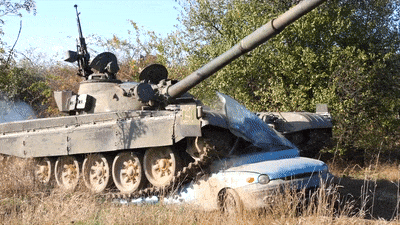
Cheers,
M
